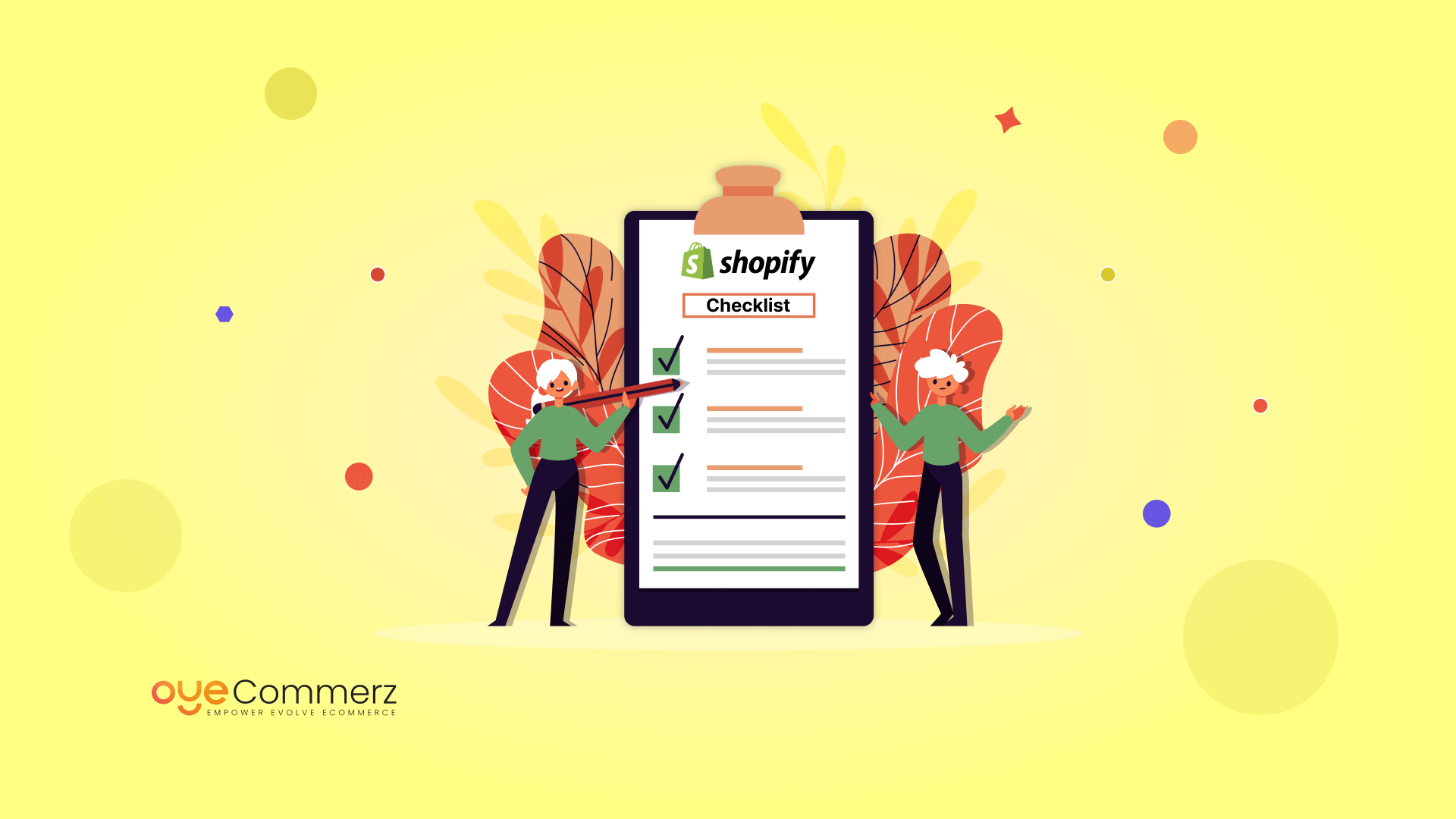Overview
In the current cutthroat e-commerce landscape, differentiating is paramount, and a top method to differentiate a Shopify store is through tailored app development. A robust Shopify app can enhance store capabilities, streamline operations, and elevate customer interaction. This article explores key aspects of Shopify app development, covering API integration and app ecosystem to growth techniques and promotion methods, offering a roadmap for companies looking for unmatched store performance.
Why Shopify API Integration Matters
Shopify’s API provides powerful tools to personalize and expand store capabilities. With the GraphQL and REST API options, developers can retrieve information to build applications that manage inventory management, order processing, and customer information management seamlessly. Using Shopify’s API can enable improved workflow automation and allows stores to assist shoppers more efficiently.
Adopting the Polaris Design System
Polaris is Shopify's set of design guidelines for creating intuitive and accessible Shopify apps. By adhering to Polaris principles, developers guarantee that apps integrate smoothly within the Shopify Admin experience. This provides a cohesive appearance that appeals to Shopify merchants, encouraging usability and familiarity for merchants using your tailored app.
Understanding the Shopify App Ecosystem
The Shopify app ecosystem provides numerous opportunities for improving e-commerce sites. From managing fulfillment processes to increasing customer engagement, apps in this environment are designed to meet diverse business needs. Learning about this system helps developers in identifying unique app ideas and enables seamless integration of third-party services that enhance the store.
Developing Embedded Shopify Apps
Embedded apps integrate directly within the Shopify Admin, providing a smooth interface for merchants. They allow merchants don’t have to navigate away from their Shopify dashboard, simplifying their process. Using Shopify App Bridge and embedded app capabilities is a best practice for offering a unified, well-integrated user experience.
Using Node.js and React for Shopify Apps
The technologies Node.js Best practices for Shopify app development and React have emerged as ideal tools for Shopify app development. Node.js enables high-performance back-end services, while React enables interactive and adaptive front-end design. Combined, they offer an excellent framework for creating speedy, growth-ready Shopify apps that improve store functionality and customer engagement.
Webhooks in Shopify Apps
Webhooks allow real-time data updates between Shopify and an outside application. They trigger events such as order creation or inventory updates and send instant notifications to your app. By implementing webhooks, apps can deliver real-time insights for store owners, simplifying processes and increasing efficiency.
Customer Engagement and Digital Marketing for Shopify Apps
To make a Shopify app successful, engaging customers is key. Using online marketing techniques like SEO, email marketing, and social outreach can increase app usage. Additionally, creating applications with customer engagement in mind (e.g., loyalty programs or personalized recommendations) increases user retention and loyalty.
Scaling Your Shopify App
As e-commerce businesses grow, so do their technological needs. Ensuring Shopify app framework that your app can scale to handle higher usage, larger data sets, and more advanced functionalities is critical. By improving server resources and using scalable technologies, you can develop apps that expand in parallel to a store’s growth.
Important Features and Maintenance Tips for Shopify Apps
For an app to be useful, it should offer key capabilities like user authentication, dashboard analytics, and support channels. Ongoing app maintenance, with updates to fix bugs and ensuring compatibility with new Shopify functionalities, is important to maintain uninterrupted performance and avoid interruptions to business processes.
Conclusion
Custom Shopify app development offers immense opportunities for e-commerce stores, offering the ability to improve store functionality, streamline processes, and build customer relationships. With API integrations and Node.js to focusing on scalability and customer engagement, creating a Shopify app requires thoughtful preparation and strategic execution. If you’re ready to elevate your e-commerce experience, a tailored Shopify application could be the perfect solution. What capabilities do you envision for your ideal app? Share your ideas and begin the journey to an enhanced e-commerce experience!
